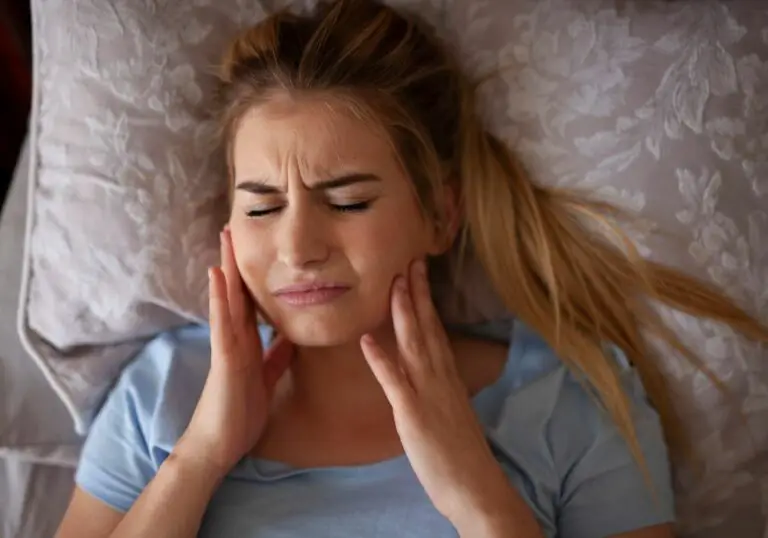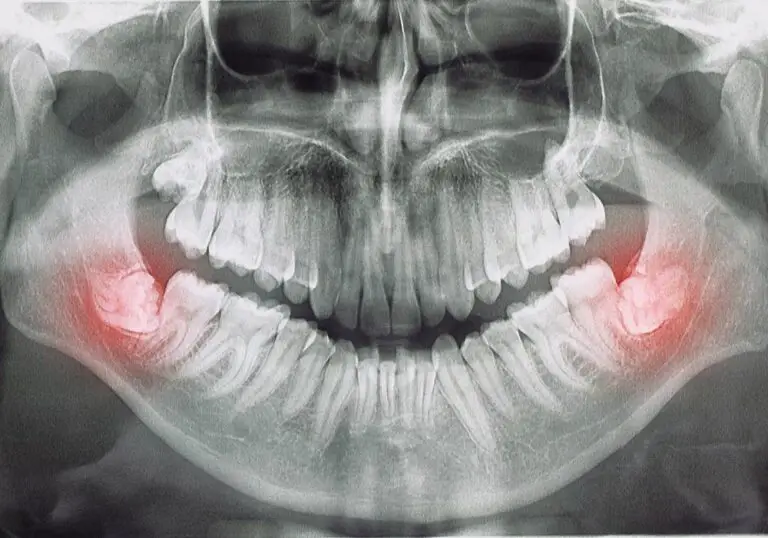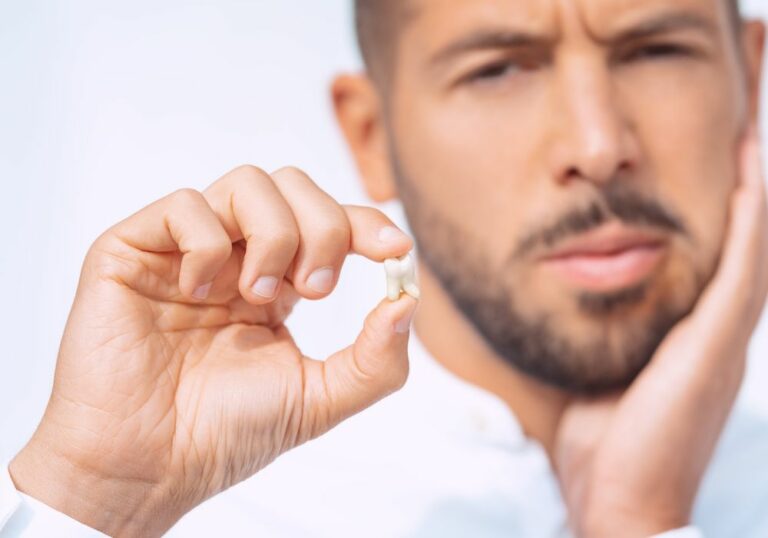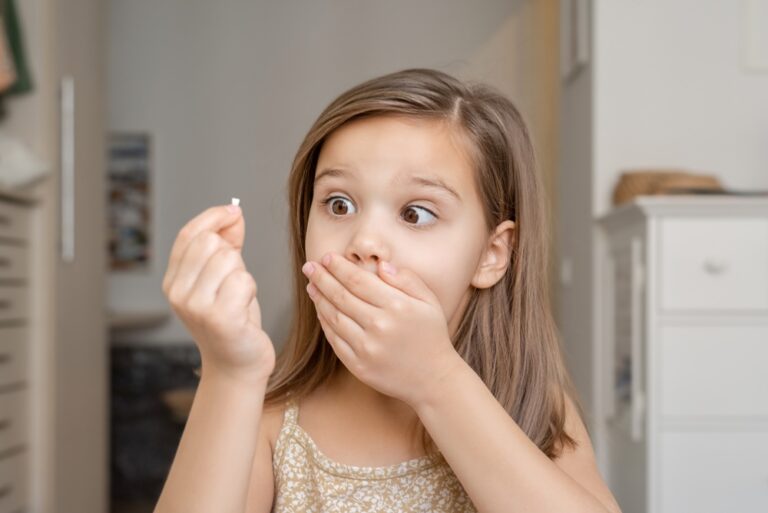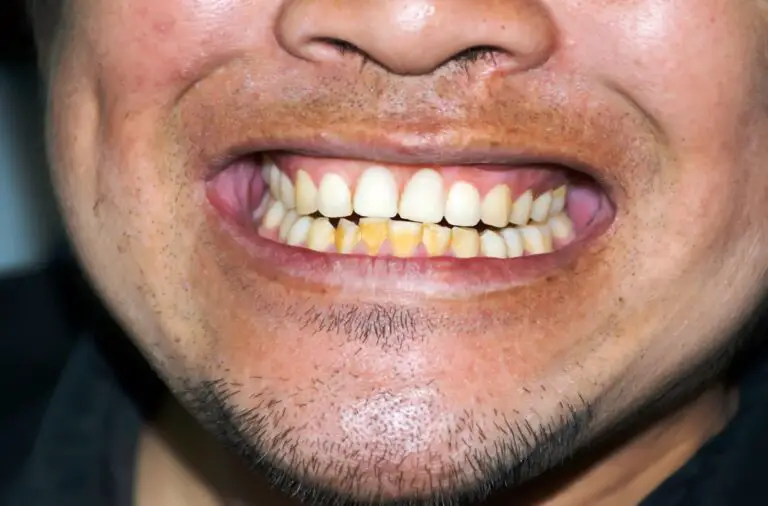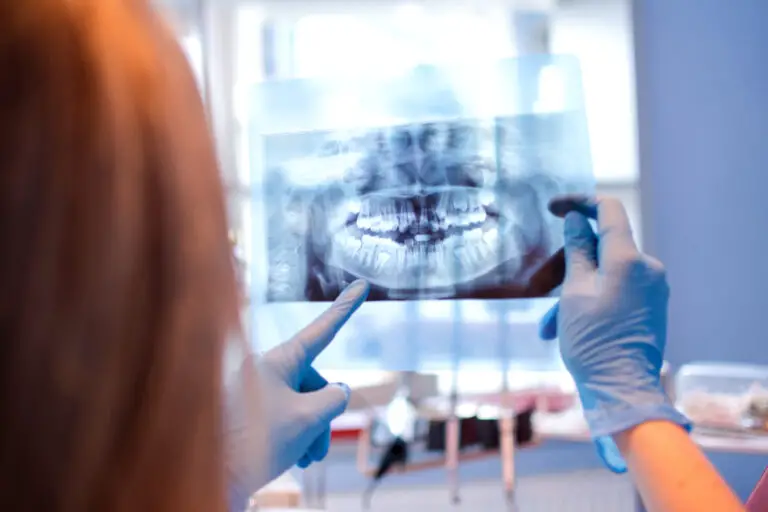As a parent, you want your child to grow up healthy and happy. You make sure they eat their vegetables, get enough sleep, and exercise regularly. But what about instilling proper hygiene habits into your kids? While it may not seem like the most exciting topic, teaching children about personal hygiene is crucial for their overall well-being. Imagine if they never learned how to wash their hands or brush their teeth properly – this could lead to unsanitary living conditions and potential health issues in the future. In this blog post, we will discuss the importance of instilling proper hygiene habits into your kids from a young age and how it can benefit them in various aspects of life.
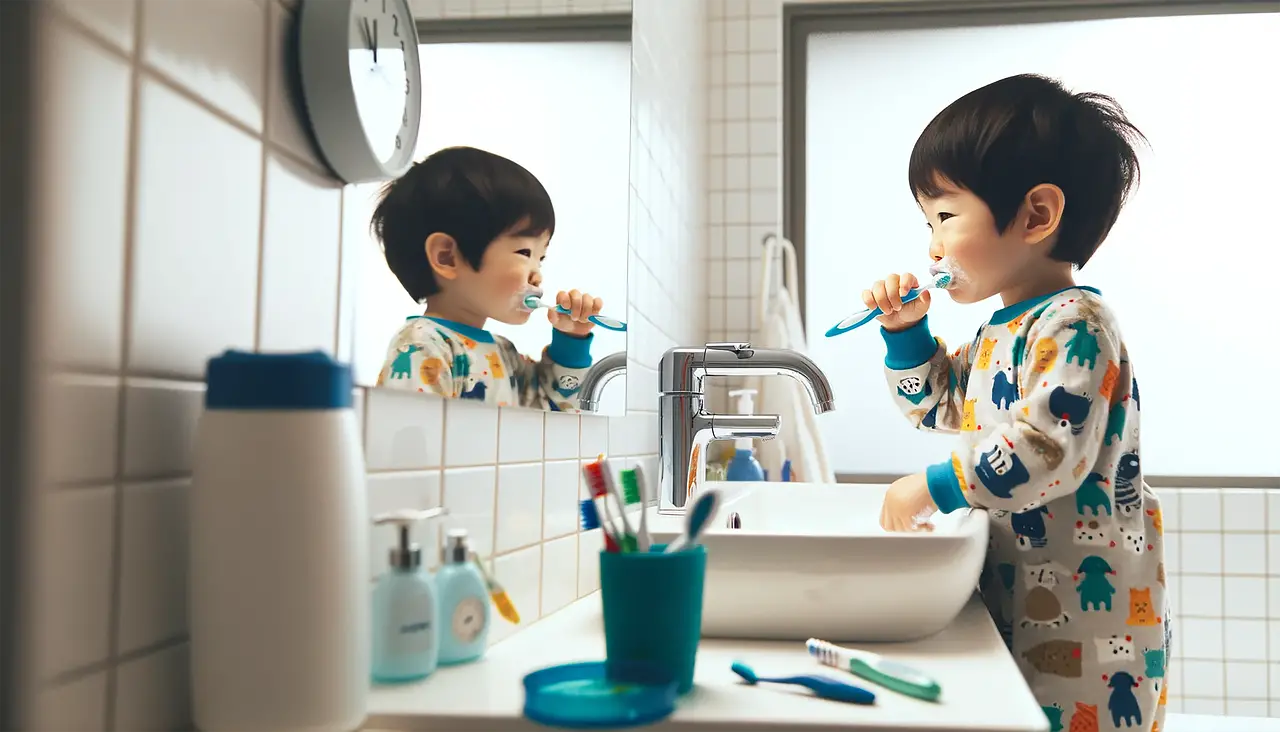
Promotes Oral Health
One of the most obvious reasons for teaching kids about proper hygiene is to promote their oral health. Teaching kids to brush their teeth regularly, ideally after every meal, helps prevent the accumulation of plaque, which can lead to tooth decay and gum disease. Additionally, encouraging the use of dental floss can remove food particles lodged between teeth that a toothbrush may not reach, further limiting the potential for cavities.
Introducing children to regular dental check-ups is an equally crucial part of their oral health regimen. These visits not only allow for professional cleaning and early detection of potential issues but can also teach children the importance of oral health and establish a lifelong habit of routine dental care. They also teach parents how to prevent kids’ cavities and how to take care of their kid’s teeth. In the long run, these practices can contribute significantly to their overall health and self-confidence.
Reduces the Spread of Illness
Teaching children proper hygiene habits is crucial for reducing illness transmission. Kids’ natural curiosity often leads them to come into contact with germs. Emphasizing regular handwashing, especially before meals and after using the restroom, can greatly reduce the risk of contracting and spreading infectious diseases like the common cold or flu.

Moreover, educating children about the correct way to cover their mouths and noses when coughing or sneezing can prevent the spread of airborne pathogens. Young kids usually take these lessons to heart and become ambassadors of good hygiene habits, often reminding their friends and siblings about these practices. This not only protects the individual child but also contributes to the overall health of their environment, whether it’s their home, school, or community.
Boosts Self-confidence
Good personal hygiene habits can also boost a child’s self-confidence and self-esteem. When kids learn to take care of their bodies, they also discover the benefits of looking and feeling good. Teaching them about proper grooming, such as washing their face, combing their hair, and wearing clean clothes, can give them a sense of control over their appearance and contribute to their self-image.
Children who have good personal hygiene habits are less likely to be teased or bullied by their peers. They also feel more comfortable interacting with others and participating in social activities, leading to better overall mental and emotional well-being. By instilling proper hygiene practices in your kids, you are setting them up for success in both their personal and social lives.
Establishes Lifelong Habits
The habits we learn as children often stick with us throughout our lives. By instilling proper hygiene practices in your kids from a young age, you are setting them up for a lifetime of good habits. These habits not only contribute to their overall health but also promote discipline and responsibility.
When kids learn the importance of personal hygiene, they understand that taking care of their bodies is a necessary and regular part of their daily routine. This understanding can extend to other aspects of their lives, such as keeping their rooms tidy or completing homework on time. Teaching them these habits from a young age can lead to responsible and self-sufficient adults in the future.
Fosters Independence
As they learn to take responsibility for their cleanliness, they start to understand and appreciate the values of self-care. This includes tasks such as brushing their teeth, washing their hands, and eventually bathing independently. Mastering these tasks not only gives them a sense of accomplishment but also encourages self-reliance and autonomy from a tender age.
As children grow older, their habits evolve to include more complex tasks like managing grooming and appearance. Being able to handle these tasks independently boosts their confidence and self-esteem. Instilling proper hygiene habits is not just about health and cleanliness but also about long-term personal development and independence.
Prevents Social Embarrassment
Poor hygiene habits can lead to awkward social situations, causing embarrassment and discomfort for children. Neglecting oral health can result in bad breath, leading to humiliation among peers and hindering social interactions. Similarly, not regularly washing hands can make children carriers of diseases, isolating them from group activities, especially during widespread illness.
Teaching good hygiene habits early on prevents awkward situations. Children who understand personal hygiene feel more confident in social environments, developing stronger interpersonal skills and relationships. This is crucial for their overall social and emotional growth.
Encourages Healthy Lifestyle Choices
Good hygiene practices are key to a healthy lifestyle. Teaching children about cleanliness and personal care helps them appreciate other healthy choices like nutrition, physical activity, and mental wellness. For example, a child who understands the importance of brushing teeth may choose water over sugary drinks and prefer fruits over candy to avoid cavities.
This correlation isn’t limited to just dietary choices but can also apply to other areas of life. Kids who prioritize personal hygiene are more likely to engage in physical activities, understanding the importance of sweat and exercise for detoxifying their bodies. They may also be more open to mindfulness and relaxation techniques, recognizing the connection to mental health. Instilling hygiene habits in children can be the first step towards promoting a holistic, healthy lifestyle.
Teaching children proper hygiene is crucial for their health and well-being. It promotes physical well-being, encourages self-care, fosters independence, prevents social embarrassment, and contributes to overall well-being. As a parent or caregiver, it’s important to teach children about personal hygiene from a young age and lead by example. By doing so, you set them up for a healthy future and help them develop essential life skills. Prioritize teaching your child about proper hygiene alongside taking care of their physical health.

